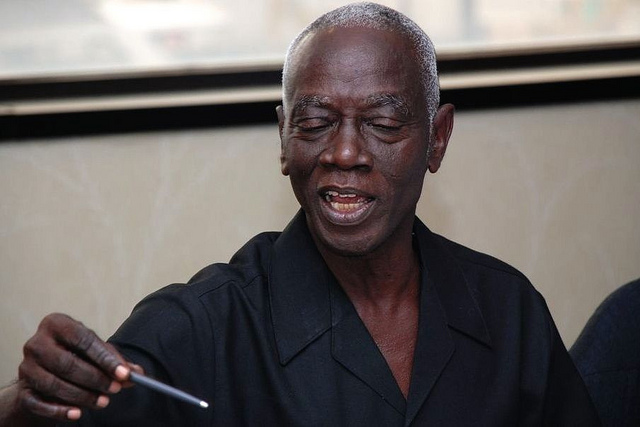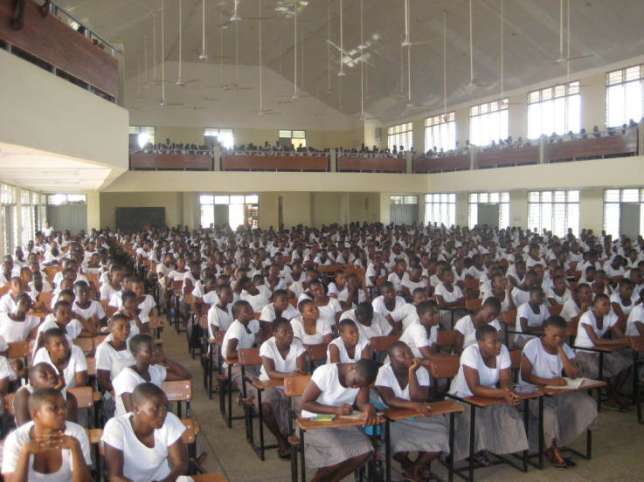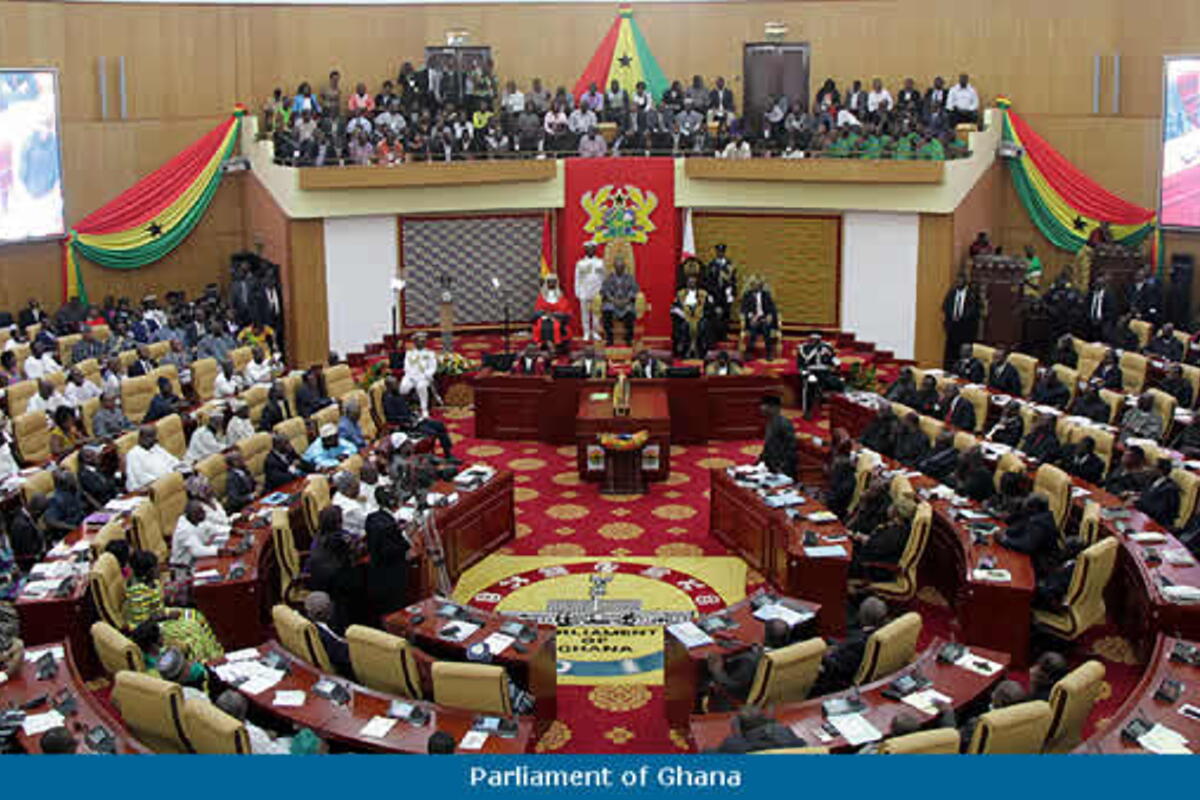Abolish EC’s strong room – IEA
- Posted on
- Comment
 As part of efforts to ensure electoral reforms before 2016, the Institute of Economic Affairs (IEA), a policy analysis think tank, has called for the abolition of the Strong Room of the Electoral Commission (EC).
As part of efforts to ensure electoral reforms before 2016, the Institute of Economic Affairs (IEA), a policy analysis think tank, has called for the abolition of the Strong Room of the Electoral Commission (EC).
The ‘Strong Room,’ which falls under the Elections Department, is an office at the EC where all provisional results are certified by representatives of the political parties, as well as the commission for onward declaration by the commissioner.
Making a case for the abolition of the Strong Room, Dr. Ransford Edward Van Gyampo, Research Fellow of the Governance Unit of the IEA, said in a report that “the idea of a strong room with very huge security presence conjures negative and derogatory images that undermine transparency and electoral peace.”
“Some people perceive the strong room as a place where election results from the regions are cooked or manipulated in favour of a political party. In the view of the IEA, this derogatory perception undermines the credibility of the Election Management Body.
He said that “democracy and perception of opacity cannot be bedfellows and it is in the EC’s own interest to abolish its strong room to shield itself from unnecessary public attacks and ensure increased transparency in the vote collation and authentication process.”
The IEA, Dr. Gyampo said, was recommending the establishment of a National Collation Centre, which he said “would be open and accessible to as many members of the political parties, the media, Civil Society Organizations (CSOs) and election observers as possible, but under controlled security in order to enhance the transparency of the national collation exercise.”
He said a bigger venue that could accommodate about five hundred people was what the institute was recommending, adding “it should be possible for the work and activities being undertaken at the proposed National Collation Centre to be viewed live on the national television by Ghanaians.”
“The IEA believes that the conception of a strong room with its rather derogatory connotations is completely out of place in the discourse on transparent elections,” adding that “let the EC begin discussions on all proposals for electoral reform now.”
By William Yaw Owusu










 (Selorm) |
(Selorm) |  (Nana Kwesi)
(Nana Kwesi)